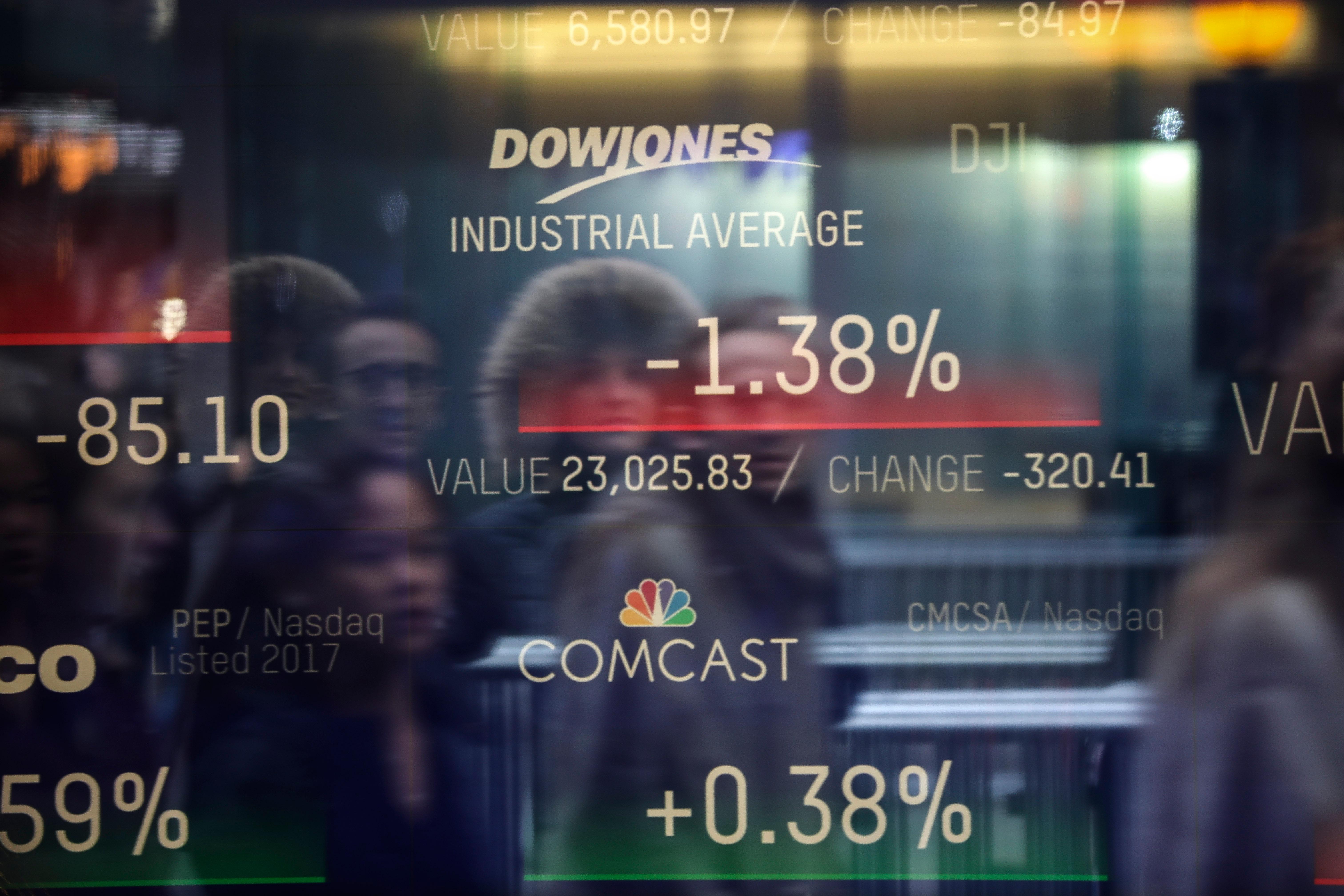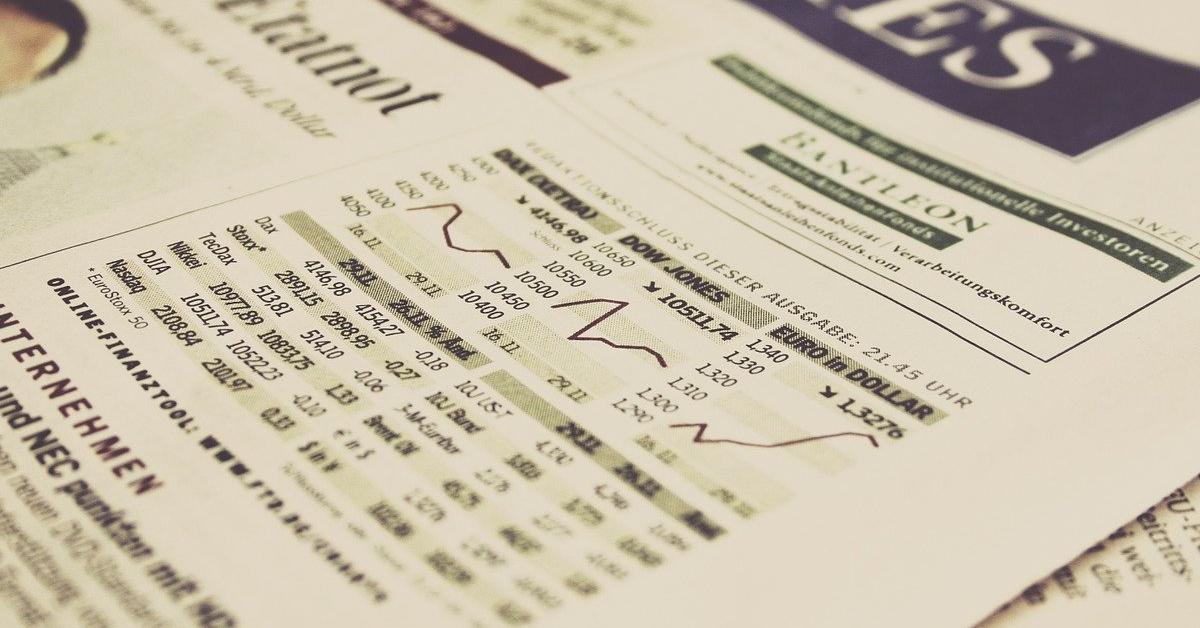Can the Dow Jones Index Actually Reach Zero?
Can the Dow Jones go to zero? Under what circumstances would the index fall to zero and what would happen?
Sept. 28 2020, Updated 10:10 a.m. ET

The Dow Jones Industrial Average Index, first published in 1896, is among the world's oldest stock exchanges. It had a base value of 40.94, and in 1928, it became a 30-share index. The Dow Jones crashed in February and March 2020 amid uncertainty over the COVID-19 pandemic. However, it bounced back in every month after March. Can the Dow Jones go to zero? Under what circumstances would the index fall to zero and what would happen? Let’s explore.

Can the Dow Jones ever fall to zero?
The Dow Jones is a price-weighted index of 30 U.S. companies. Last month, the index added Salesforce, Amgen, and Honeywell International. It removed Pfizer, Raytheon Technologies, and ExxonMobil. The Dow Jones rebalances its components so that they better reflect the U.S. economy.
The Dow Jones is a price-weighted index and the price of a stock determines its weight in the index. The Dow had to reshuffle its holdings after Apple’s stock price was set to fall after its four-for-one stock split. To calculate the value of the Dow Jones, the stock prices of all 30 stocks are added and divided by a divisor, which is changed frequently to account for corporate actions such as dividends and stock splits.
For the Dow Jones to fall to zero, the sum of all the stock prices in the index has to fall to zero. This can happen in two ways: either all the stocks fall to zero, or some stocks turn negative, taking the sum of all the stocks to zero. Theoretically, stock prices can never go negative due to the principle of limited liability. A stock going negative would mean a cash call on the shareholder, which isn't possible, as investors' liability is limited to their original investment. Therefore, for the Dow Jones to go to zero, all 30 stocks would have to fall to zero.
Also, blue-chip stocks like the 30 Dow Jones components don't generally fall to zero—it's very difficult to believe that stocks like Apple, which reached a market capitalization of $2 trillion last month, could do so. And no Dow Jones stock has fallen to zero, as the index removes the component long before. Although penny stocks can get very close to zero, they can't be included in the Dow Jones.
One rare event where the Dow Jones could fall to zero would be a tech glitch. Although glitches have happened and triggered a flash crash, markets have reverted to normal.
What would happen if the Dow Jones hit zero?
If the Dow Jones were to really hit zero, it would signal a collapse of the economy, both in the U.S. and globally, as it would mean that investors see zero value in all 30 Dow components. Calling such an event a catastrophe would be an understatement—it would be more of an apocalypse.
